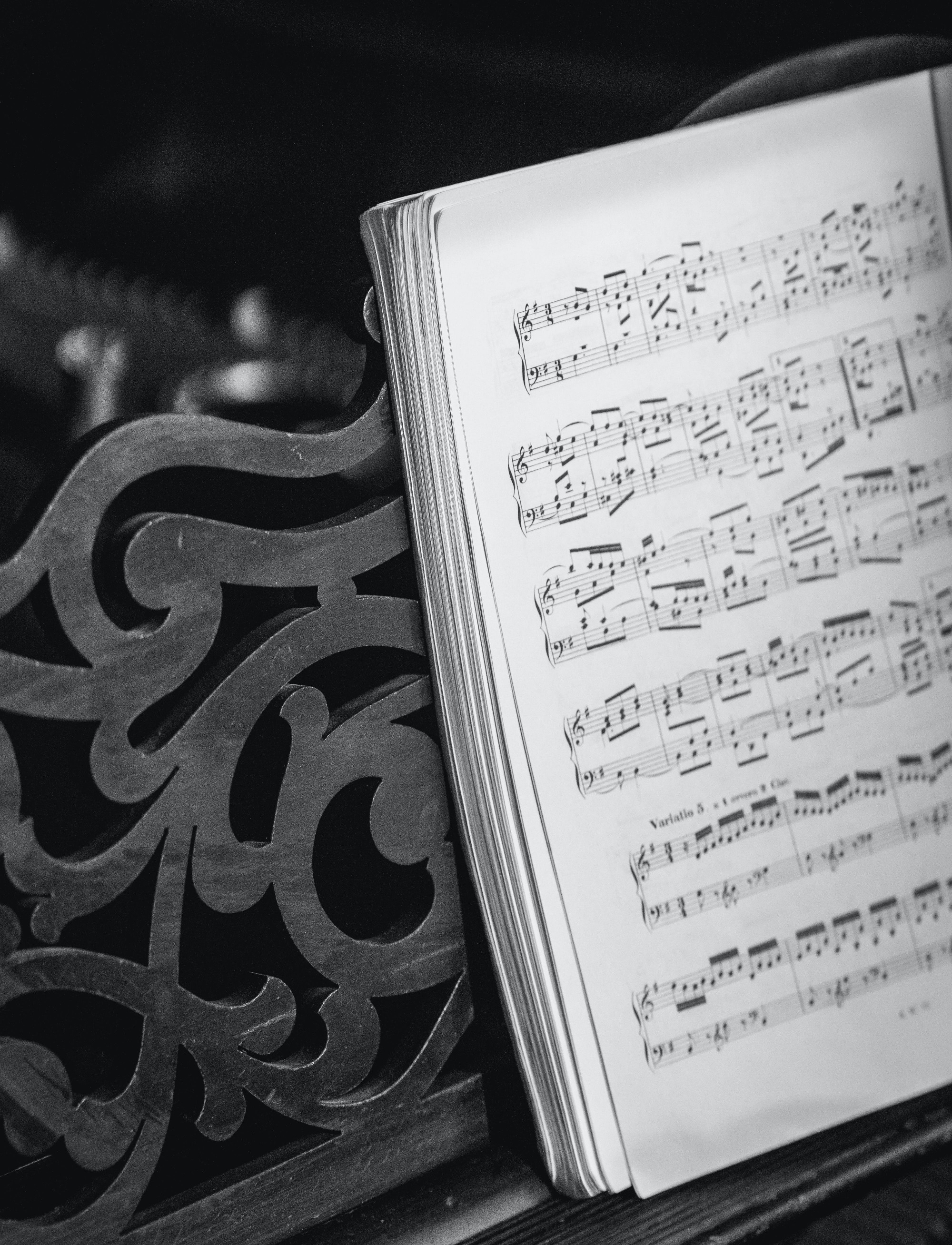
The Importance of Musical Interpretation:
How to stand out with your performance style?
When you step into the world of classical music competitions or auditions, it's like entering a grand stage where every note you play and every rhythm you create tells a story. But here's the thing: everyone around you is also telling their own stories, with their own instruments and pieces of music. So, how do you make sure that your story not only gets heard but also leaves a lasting impression? This is where the art of musical interpretation comes into play, making all the difference between a performance that's just nice and one that's unforgettable.
What Is Musical Interpretation?
Think of musical interpretation as your personal touch on the music you're playing. It's how you choose to express the emotions, pace, and dynamics of a piece. This personal touch is what can make your performance stand out. It's like when two chefs follow the same recipe but add their unique flair, making the dish taste differently. In music, interpretation is your secret ingredient.
Getting to Know the Composer
To add your personal touch, first, you need to dive deep into the composer's world. Imagine you're playing detective, trying to uncover what the composer was thinking and feeling when they wrote the piece. This means looking into when they lived, what was happening in their lives, and any clues they left in the music itself. The more you know, the better you can bring their music to life in your own way.
Adding Your Flavor
Once you've got a good grasp of what the composer was all about, it's time to mix in your own style. This doesn't mean changing the music but rather highlighting certain parts you love or adding a bit of your own emotional color to it. It's like highlighting your favorite parts of a book for others to see why it's special to you.
Connecting Emotionally
Music is all about feelings. To truly stand out, you need to let the music speak to you and through you. Ask yourself, "What does this piece make me feel?" and "How can I make the audience feel it too?" This emotional connection can turn a good performance into a great one, touching the hearts of those who listen.
Technique vs. Heart
While playing the right notes perfectly is important, what really captivates an audience is the emotion and personality you bring to the music. Think of technique as the foundation of a house—it's essential, but it's the personal touches you add that make it a home. So, while you're practicing those scales and arpeggios, don't forget to also practice putting your heart into the music.
Learning from Feedback
Improving your musical interpretation is a journey, and feedback is your map. Listen to what teachers, fellow musicians, and even audiences have to say. Sometimes, recording yourself and listening back can offer new insights. Be open to trying new things based on what you learn.
The Power of Presence
How you present yourself on stage can also tell a story. A confident and engaging presence can enhance your performance, making your musical interpretation even more powerful. It's not just about the music but how you share it with the audience.
Ready, Set, Perform!
Preparing for a competition or audition is about more than just practicing your piece. It's also about mentally and emotionally getting into the zone. Visualize your performance, focusing on how you want to express the music and connect with the audience.
Standing out in classical music competitions isn't just about playing notes perfectly. It's about making the music your own through interpretation, connecting with the composer's intentions, and sharing your emotions with the audience. By adding your unique touch and engaging emotionally, you can transform a standard performance into an unforgettable musical experience. Remember, it's your personal story told through the music that will leave a lasting impression.